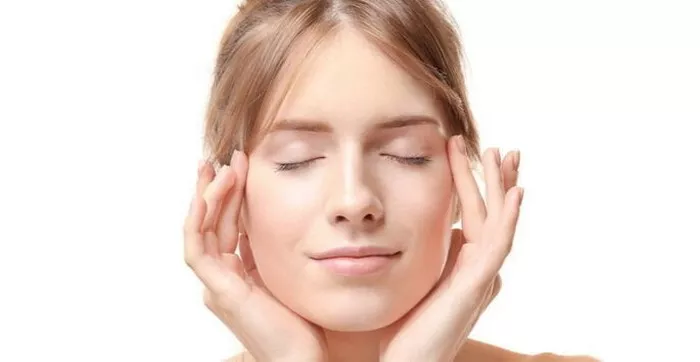Wrinkles are a natural part of the aging process, but it can be disheartening to see them appear on your face earlier than expected. Several factors contribute to the development of wrinkles, ranging from genetics and lifestyle choices to environmental influences. In this article, we delve into the reasons behind the appearance of wrinkles and explore ways to prevent and manage them effectively.
Factors Influencing Wrinkle Formation
Aging: The most common reason for wrinkles is the natural aging process. As we age, our skin undergoes changes due to a decrease in collagen and elastin production. Collagen provides structural support to the skin, and elastin allows it to snap back into place. The reduction in these proteins leads to the loss of skin elasticity and the formation of wrinkles.
Sun Exposure: Prolonged and unprotected exposure to ultraviolet (UV) rays from the sun is a significant contributor to premature wrinkle formation. UV radiation breaks down collagen and elastin fibers, accelerating the aging process and resulting in the appearance of fine lines and wrinkles.
Lifestyle Choices: Unhealthy lifestyle habits, such as smoking and excessive alcohol consumption, can contribute to the development of wrinkles. Smoking narrows blood vessels, reducing blood flow to the skin and hindering its ability to receive essential nutrients. Alcohol dehydrates the skin, leading to dryness and the appearance of wrinkles.
Repetitive Facial Expressions: Facial expressions, such as squinting, frowning, and smiling, can cause dynamic wrinkles over time. These wrinkles become more pronounced as the skin loses its ability to bounce back due to the decrease in collagen and elastin.
Genetics: Genetics play a role in determining how our skin ages. If your parents or grandparents developed wrinkles at an early age, you might be genetically predisposed to experience a similar pattern.
Hormonal Changes: Hormonal fluctuations, such as those that occur during menopause, can lead to a decrease in collagen production and skin hydration. This hormonal imbalance contributes to the appearance of wrinkles and sagging skin.
Preventing and Managing Wrinkles
Sun Protection: The importance of sun protection cannot be overstated. Use a broad-spectrum sunscreen with at least SPF 30 daily, even on cloudy days. Wear protective clothing and sunglasses to shield your skin from harmful UV rays.
Skincare Routine: Establish a skincare routine that includes gentle cleansing, moisturizing, and the use of products containing retinoids, antioxidants, and hyaluronic acid. These ingredients can help improve skin texture and reduce the appearance of wrinkles.
Healthy Diet: Consume a diet rich in antioxidants, vitamins, and minerals. These nutrients help protect the skin from damage caused by free radicals and promote collagen production. Omega-3 fatty acids found in fish can also contribute to skin health.
Hydration: Drink an adequate amount of water to keep your skin hydrated. Well-hydrated skin appears plump and smooth, reducing the visibility of wrinkles.
Quit Smoking: If you smoke, consider quitting. Smoking not only accelerates skin aging but also impairs the body’s ability to heal and regenerate.
Facial Exercises: Engaging in facial exercises designed to tone and strengthen facial muscles can help reduce the development of dynamic wrinkles caused by repetitive facial expressions.
Medical Interventions: In cases where wrinkles are particularly bothersome, medical interventions like botox injections, dermal fillers, chemical peels, and laser treatments can provide effective solutions. These procedures should be discussed with a qualified medical professional.
Conclusion
While wrinkles are a natural part of aging, understanding the factors that contribute to their formation empowers you to take proactive steps in prevention and management. A combination of sun protection, a healthy lifestyle, a proper skincare routine, and potential medical interventions can help you maintain youthful and radiant skin for longer. Embracing a holistic approach to skin care and making informed choices can play a significant role in minimizing the appearance of wrinkles and promoting overall skin health.


